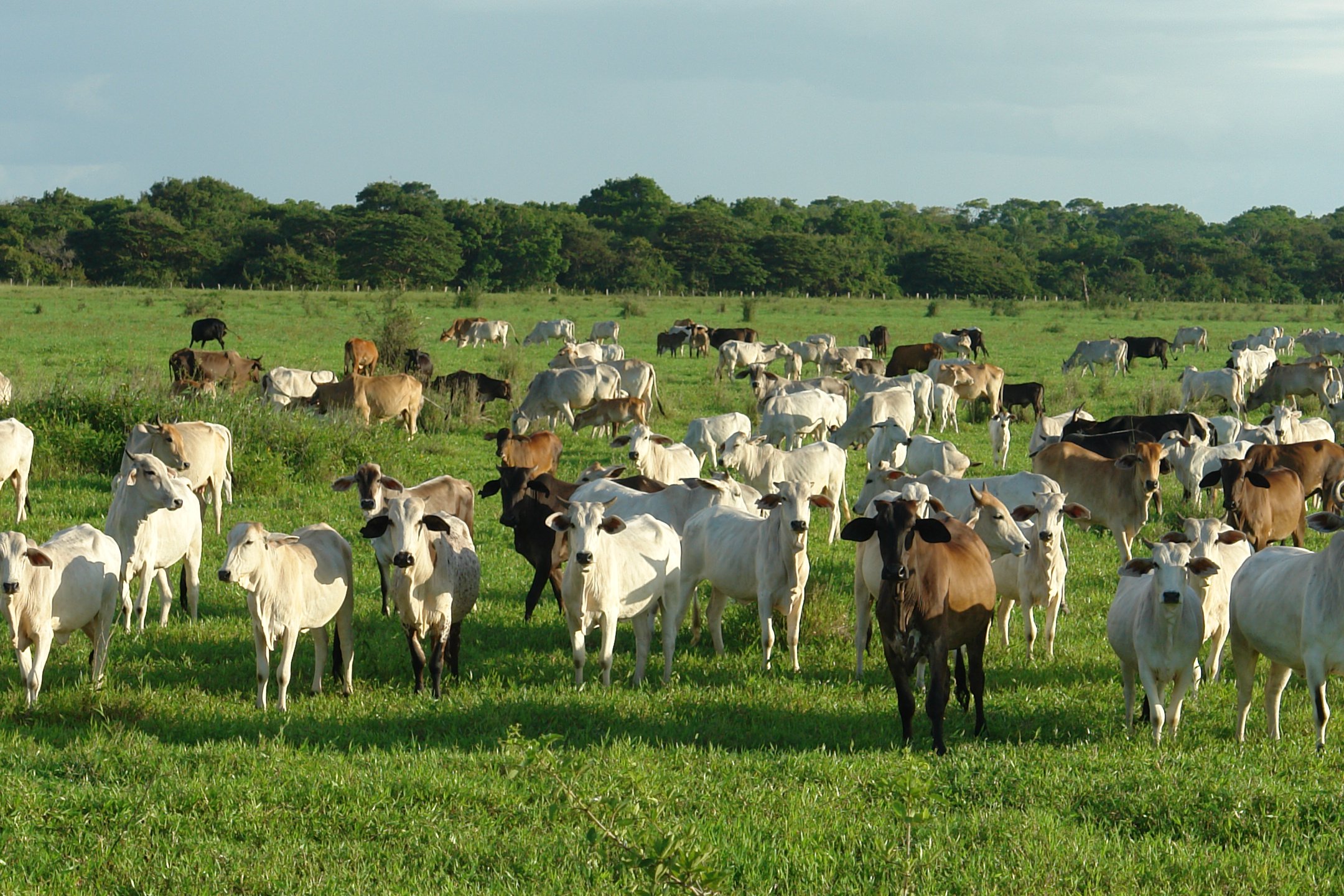1
At nakilala ng lalake si Eva na kaniyang asawa; at siya'y naglihi at ipinanganak si Cain, at sinabi, Nagkaanak ako ng lalake sa tulong ng Panginoon.
2
At sa muli ay ipinanganak ang kaniyang kapatid na si Abel. At si Abel ay tagapagalaga ng mga tupa; datapuwa't si Cain ay mangbubukid ng lupa.
3
At nangyari nang lumalakad ang panahon ay nagdala si Cain ng isang handog na mga bunga ng lupa sa Panginoon.
4
At nagdala rin naman si Abel ng mga panganay ng kaniyang kawan at ng mga taba ng mga yaon. At nilingap ng Panginoon si Abel at ang kaniyang handog:
5
Datapuwa't hindi nilingap si Cain at ang kaniyang handog. At naginit na mainam si Cain, at namanglaw ang kaniyang mukha.
6
At sinabi ng Panginoon kay Cain, Bakit ka naginit? at bakit namanglaw ang iyong mukha?
7
Kung ikaw ay gumawa ng mabuti, di ba ikaw mamarapatin? at kung hindi ka gumawa ng mabuti, ay nahahandusay ang kasalanan sa pintuan: at sa iyo'y pahihinuhod ang kaniyang nasa, at ikaw ang papanginoonin niya.
8
At yao'y sinabi ni Cain sa kaniyang kapatid na kay Abel. At nangyari, nang sila'y nasa parang ay nagtindig si Cain laban kay Abel na kaniyang kapatid, at siya'y kaniyang pinatay.
9
At sinabi ng Panginoon kay Cain, Saan naroon si Abel na iyong kapatid? At sinabi niya, Aywan ko: ako ba'y tagapagbantay sa aking kapatid?
10
At sinabi niya, Anong iyong ginawa? ang tinig ng dugo ng iyong kapatid ay dumadaing sa akin mula sa lupa.
11
At ngayo'y sinumpa ka sa lupa na siyang nagbuka ng bibig na tumanggap sa iyong kamay ng dugo ng iyong kapatid;
12
Pagbubukid mo ng lupa, ay di na ibibigay mula ngayon sa iyo ang kaniyang lakas; ikaw ay magiging palaboy at hampas-lupa sa lupa.
13
At sinabi ni Cain sa Panginoon, Ang aking kaparusahan ay higit kaysa mababata ko.
14
Narito, ako'y iyong itinataboy ngayon mula sa ibabaw ng lupa, at sa iyong harapan ay magtatago ako; at ako'y magiging palaboy at hampaslupa; at mangyayari, na sinomang makasumpong sa akin ay papatayin ako.
15
At sinabi sa kaniya ng Panginoon, Dahil dito'y sinomang pumatay kay Cain ay makapitong gagantihan. At nilagyan ng Panginoon ng isang tanda si Cain, baka siya'y sugatan ng sinomang makakasumpong sa kaniya.
16
At umalis si Cain sa harapan ng Panginoon at tumahan sa lupain ng Nod, sa silanganan ng Eden.
17
At nakilala ni Cain ang kaniyang asawa, at siya'y naglihi at ipinanganak si Enoc: at siya'y nagtayo ng isang bayan at tinawag ang bayan ayon sa pangalan ng kaniyang anak, Enoc.
18
At naging anak ni Enoc si Irad; at naging anak ni Irad si Mehujael; at naging anak ni Mehujael si Metusael; at naging anak ni Metusael si Lamec.
19
At si Lamec ay nagasawa ng dalawa; ang pangalan ng isa'y Ada, at ang pangalan ng ikalawa ay Zilla.
20
At naging anak ni Ada si Jabal: na siyang naging magulang ng nangagsisitahan sa mga tolda at may mga hayop.
21
At ang pangalan ng kaniyang kapatid ay Jubal: na siyang naging magulang ng lahat na tumutugtog ng alpa at ng flauta.
22
At tungkol kay Zilla, ay ipinanganak naman niya si Tubal-Cain na mamamanday ng lahat na kagamitang patalim na tanso at bakal: at ang kapatid na babae ni Tubal-Cain ay si Naama.
23
At sinabi ni Lamec sa kaniyang mga asawa: Ada at Zilla pakinggan ninyo ang aking tinig: Kayong mga asawa ni Lamec ay makinig ng aking salaysay: Sapagka't pumatay ako ng isang tao, dahil sa ako'y sinugatan, At ng isang binata, dahil sa ako'y hinampas.
24
Kung makapitong gagantihan si Cain, tunay na si Lamec ay makapitong pung pito.
25
At nakilalang muli ni Adam ang kaniyang asawa; at nanganak ng isang lalake, at tinawag ang kaniyang pangalan na Set; sapagka't aniya'y binigyan ako ng Dios ng ibang anak na kahalili ni Abel; sapagka't siya'y pinatay ni Cain.
26
At nagkaanak naman si Set ng isang lalake; at tinawag ang kaniyang pangalan na Enos. Noon ay pinasimulan ng mga tao ang pagtawag sa pangalan ng Panginoon.







